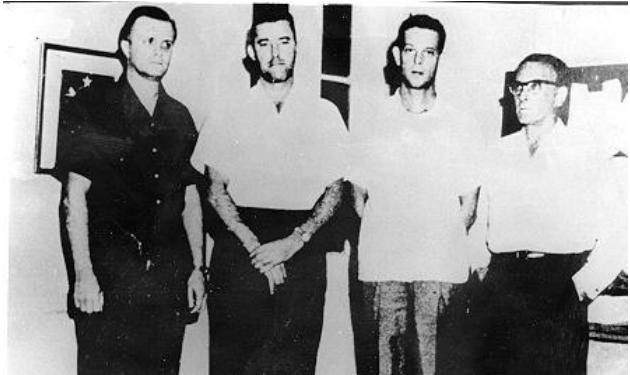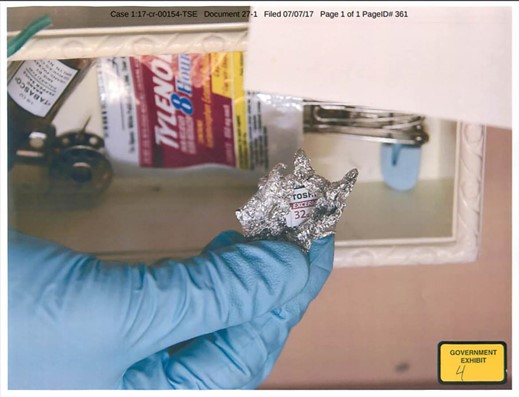
A micro-SD card containing eight classified documents was found in the home of former CIA case officer Kevin Patrick Mallory III during the execution of a search warrant, along with a disguise kit which included hair dye and fake mustaches.
Mallory was fluent in Mandarin Chinese, and as a case officer for the Central Intelligence Agency in the late 1990s he had run an ethnic Chinese married couple as agents who traveled back and forth between China and the United States. He also worked as an intelligence officer for the Defense Intelligence Agency in the early 2000s after leaving the CIA, and later as an intelligence contractor for several different firms.
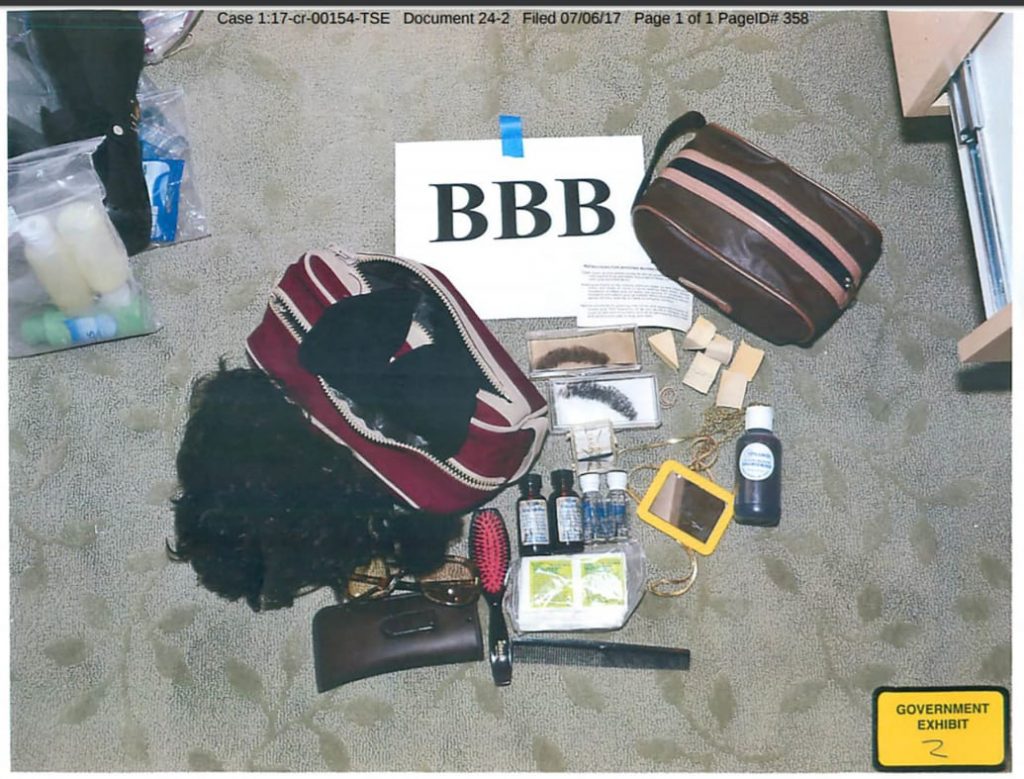
But by 2017, Mallory had been unemployed for several years after a security violation caused him to lose his security clearance. He was carrying more than $230,000 in personal debt and was also several months behind on his mortgage payments. When a member of the Chinese Ministry of State Security reached out to him via LinkedIn with an opportunity to work as a highly paid “consultant”, Mallory jumped at the chance.
He met with intelligence personnel in China on two separate occasions and was given a Samsung Galaxy smartphone to use as a covert communications device, along with payments totaling $25,000. After his first trip to China, Mallory contacted former coworkers at the CIA and DIA to catch up and attempted to elicit information from them about what projects they were currently working on. Knowing that Mallory no longer had a security clearance and had no need to know about current intelligence activities, at least one of his former coworkers reported him to counterintelligence officials, which led to the opening of an investigation on him.
Mallory was arrested upon returning to the United States after his second trip to China, and incredibly, had forgotten to delete his text message conversations with his Chinese handler. The messages plainly spelled out the secrets-for-money arrangement into which he had entered and led to his conviction. While being interviewed about his activities in China, investigating agents asked if they could search his phone. Mallory agreed, thinking there would be nothing incriminating to find.
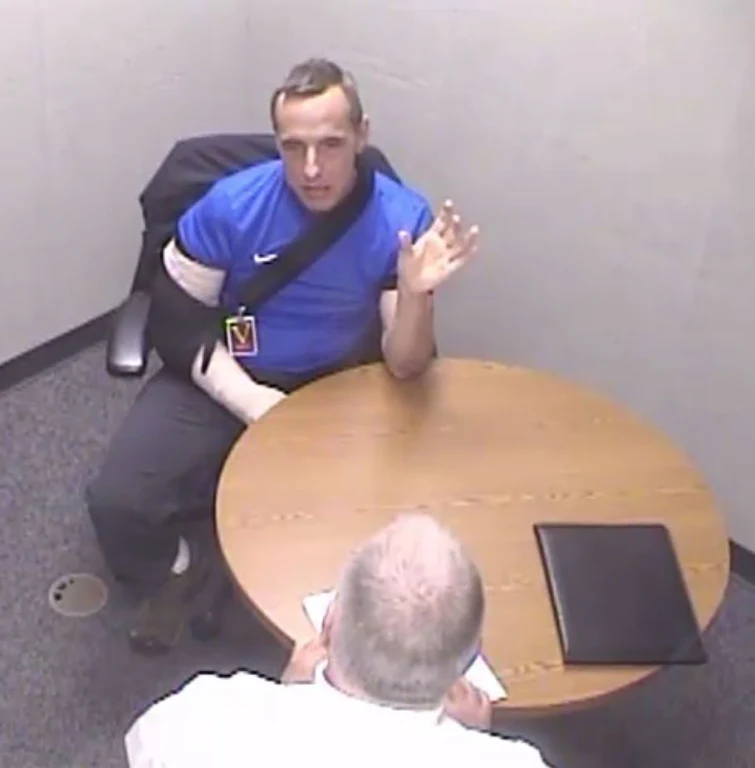
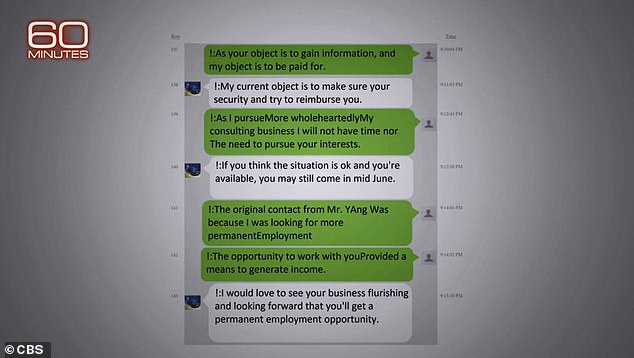
Mallory was arrested upon returning to the United States after his second trip to China, and incredibly, had forgotten to delete his text message conversations with his Chinese handler. The messages plainly spelled out the secrets-for-money arrangement into which he had entered and led to his conviction. While being interviewed about his activities in China, investigating agents asked if they could search his phone. Mallory agreed, thinking there would be nothing incriminating to find.
His sloppiness was his undoing. Besides the damning text message, there was clear evidence he had sent digital copies of classified documents using the phone provided to him by Chinese intelligence. The evidence on the phone combined with $16,000 in undeclared cash he brought back from China was likely enough to secure an espionage conviction.
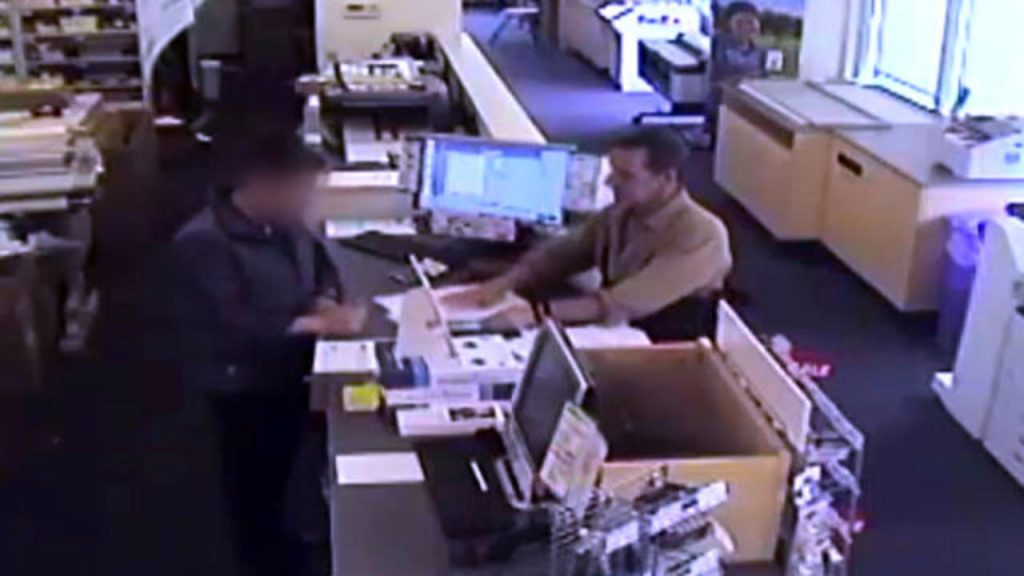
Then, investigating agents uncovered even more antics by Mallory. He had taken classified documents to a FedEx store to have scanned and downloaded to the micro-SD card pictured here, for easy transfer to Chinese intelligence. The store’s surveillance cameras caught him handing over documents stamped with classification warnings to a hapless store employee.
Mallory had in fact offered to sell the names of the very same Chinese couple that he had successfully co-opted years earlier, a betrayal of the highest order. He was sentenced to 20 years in prison in 2019.



